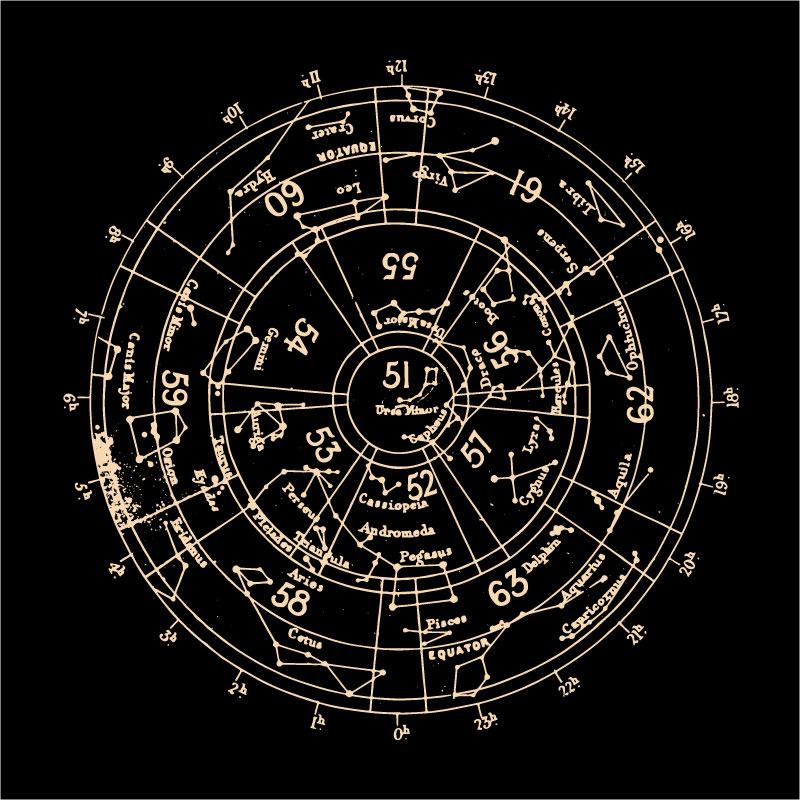Scheduled for heart surgery? A new study suggests you might fare better or worse depending on the moon’s cycle at the time of the procedure.
Researchers found that patients who had a type of heart surgery called acute aortic dissection repair during a waning full moon were less likely to die and had shorter hospital stays than if the same operation happened at other points in the lunar cycle.
Aortic dissection is a serious condition in which a tear develops in the aorta, the large artery that carries blood out of the heart for distribution to the rest of the body. The condition made headlines when actor John Ritter died of an aortic dissection in 2003.
Researchers led by Dr. Frank Sellke, co-director of the Cardiovascular Institute at Rhode Island, The Miriam and Newport hospitals, wanted to see whether seasons and lunar cycles phases had any impact on hospital survival and length of stay after patients underwent aortic dissection repair.
“While there has been previous research of seasonal impacts on cardiovascular disease, there has not been any data about the effect of the lunar cycles on cardiac cases, until now,” Sellke said in a hospital news release.
According to the study, “the odds of dying following [aortic dissection repair] were greatly reduced during the waning full moon, and … length of stay was also reduced during the full moon,” Sellke said.
Patients who had their surgery during a full moon stayed in hospital for 10 days, compared with 14 days for those who had their surgery during two other moon phases, according to the study published online July 22 in the journal Interactive Cardiovascular and Thoracic Surgery.
The study could only point to an association between the moon’s phases and heart surgery outcomes, it could not prove cause and effect. And of course, since aortic dissection occurs randomly, scheduling a repair procedure to match the moon’s phase could be tough.
“Can we always plan for such procedures to be performed around lunar cycles? Of course not,” Sellke said. “But better understanding the effects of the environment — including seasonal and lunar cycles — on our health can help us to better understand these rhythms, and ultimately provide better care for our patients.”
Two heart experts agreed that the study results were intriguing.
Published: July 22, 2013
— Robert Preidt

